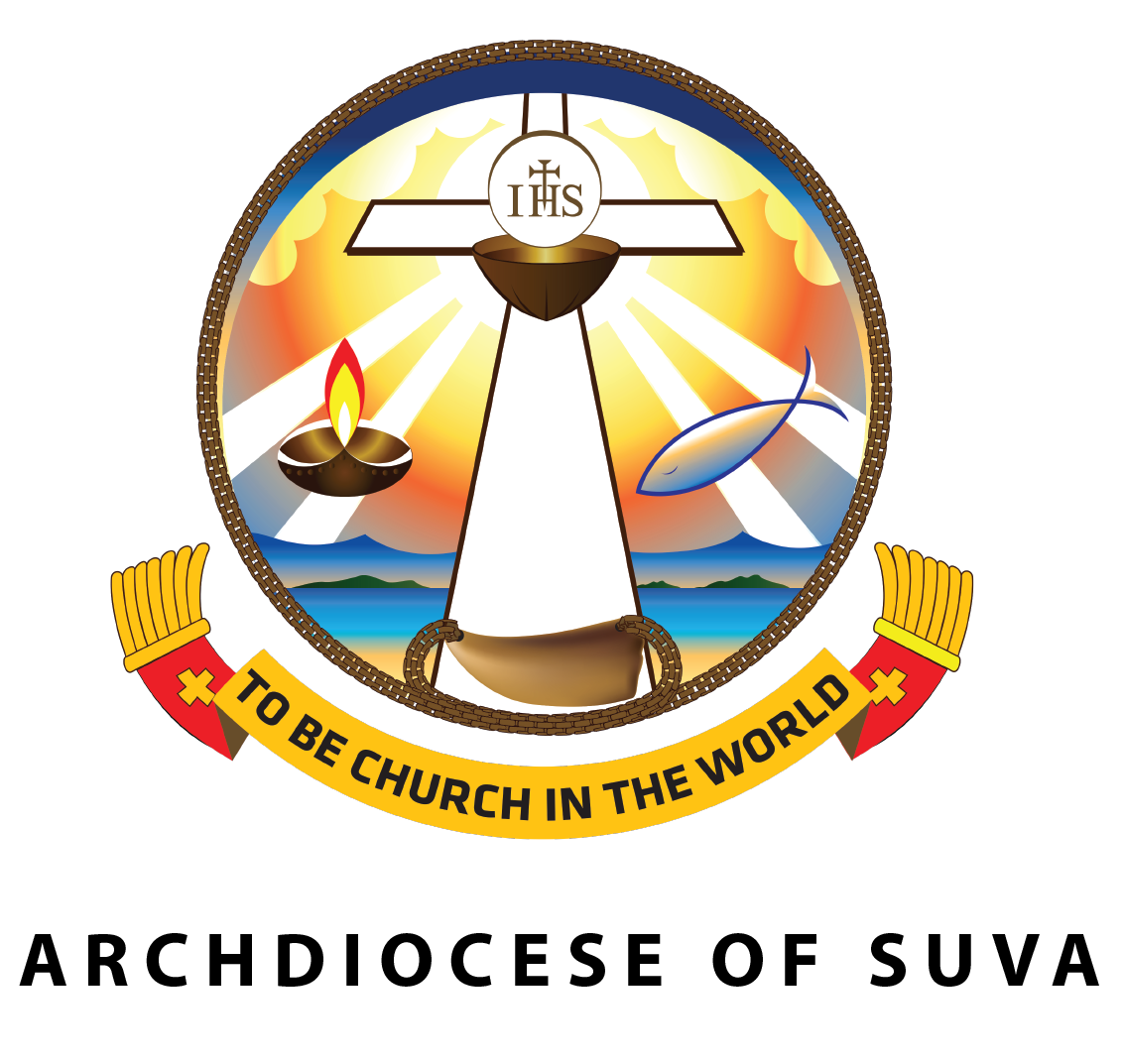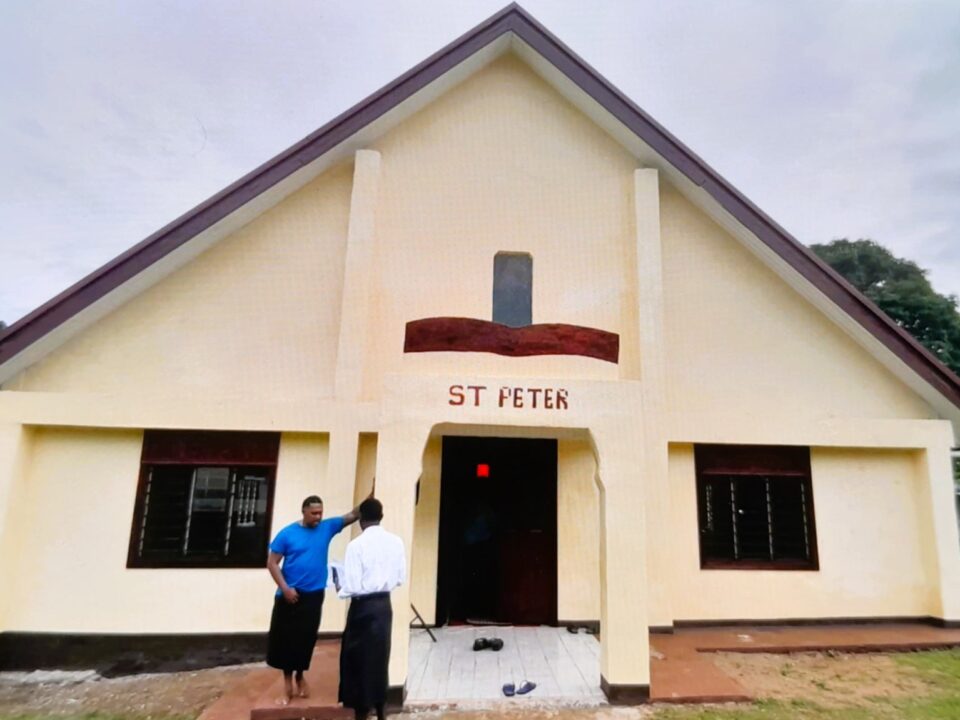Towards a Democratic and Just Fiji
This year, Fiji celebrates 54 th Anniversary of independence from British colonial rule. What is British colonial rule? What is the form of power: The British Colonial administration used
the ‘indirect rule policy’, the native rule policy to rule over natives. Through the indirect rule policy, the colonial government incorporated the customary chiefs into the colonial
administration. In other words, the colonial administration ruled over the Itaukei through their chiefs. Political literature names this form of power as ‘patron-client’ politics. Fiji
Independence Day should therefore mark, not only the end of British rule but also patron-client politics and a move toward genuine independence.
Where are we in this transition from British colonial rule to independence? When Fiji became independent in 1970, the colonial administration had already introduced patron-client politics
to the Fijian people. Under the patron-client political framework, the chiefs, the military, senior military officers, and sometimes the Church became the clients of the ruling government. While Fiji became an independent nation, she continues the colonial form of power (patron-client politics) until today. ‘We are independent but not democratic.’ We are independent from
British rule but we still carry on the colonial form of power and hence, we are not democratic.
Today globalization is a new form of colonialism. A thread that runs through all globalization discourses is increasing connectivity. The boom of information and communication
technologies (ICT) forms part of the infrastructure of globalization in finance, capital mobility and export-oriented business activity, transnational communication, migration, travel, and
civil society interactions.
Through globalization, the world has become so intensely interconnected in its actions that local boundaries have broken down. Globalization created a homogeneous culture.
Increasingly, what happens economically, politically, and socially in a country will significantly influence other countries and their citizens. People, money, and products move
around the world with ease, intensity, and at a high velocity, bringing dramatic cultural changes.
In globalization, the multinational corporations and companies are the new colonists who have power over nation states. Under globalization, the World Bank and IMF are the
superpowers controlling economics and politics throughout the world. They have taken over the sovereign authority that countries have traditionally held over their nation, by breaking
national, cultural, and geographic boundaries. In fact, many governments are forced to serve the multinational corporations rather than the people that elected them.
The free market is the root metaphor for economic globalization. Companies demand for full and free control over resources, production, and trade. Therefore, nations have to give
corporations’ freedoms in marketing and trade. This means eliminating laws that would in any way hinder the economic activities of corporations. Unfortunately, in many cases this means
relaxing laws that protect human dignity, nature, the environment, and the community as a whole. Corporations demand total freedom for their economic activities, so much so that they
displace the government in terms of decision-making and setting policies for development. Some companies enjoy tax free zone packages.
Globalization and the Governance of Nation-State
A characteristic of globalization in Fiji is the power of multinational corporations over the government. Corporations are powerful and do not recognize any border. David Held, Anthony McGrew, David Goldblatt and Jonathan Perraton define multinational corporation as “a borderless economy in which the power of governments to manage the national economy is being eroded.” This is especially true for Third World countries like Fiji that do not have the resources to stand autonomously in terms of economic development. They become easy victims for economic domination by multinational corporations. Local governments are often advised by the Bretton Woods institutions that if they are to benefit from IMF and WB policies, they need to abide by the institution’s structural adjustment programs. Local governments are to give corporations a free market that frees up resources for exploitation. Local governments become servants of the multinational corporations rather than the people that elected them. This is obvious in how the Fijian government provides free market to companies, especially extractive industries.
Catholic Social Teaching and Globalization
To respond to the negative impacts of globalization, the Catholic Social Teaching upholds two principles for genuine democracy, participation and subsidiarity.
1. Participation
Pope Paul VI identified participation and equality as fundamental foundations of human dignity and freedom. He taught that there is a basic drive in human beings as they seek
greater development, that is, to share responsibility in decision making that shape their individual and collective future. Globalization suffers from a ‘democratic deficit’. Globalization has two fault-lines in decision making:
a. Local communities do not get an adequate hearing. Decision about trade, foreign debt, and capital investments are made with little or no input from the majority of the people affected.
b. Divide between the elites and local communities and even entire states lack true participation
In sum, the democratic deficit of globalization means that large numbers of world’s peoples do not participate in a meaningful way in decisions that will directly bear on their well-being.
2. Subsidiarity
The principle of subsidiarity calls for local communities to assess, decide, and act at the most local level possible while still being effective in securing the common good. The state should take over duties and responsibilities that local communities can carry out themselves. In globalization, nation states have not disappeared, but they now operate within a different
context. Nation states retain power, but they must wield that power in collaboration with other powerful nations and multination corporations. In reality, it is the multinational
corporations’ that rule the world.
Catholic Social Teaching calls for:
- New forms of governance and true political authority.
- Creation of new institutions and practices for managing a new world order.
- Globalization (multinational corporation and companies) must be regulated and directed.
Call for New World Order: Another World is Possible
The late St. John Paul II urgently called for a new world marked by the following:
- A new constitutional organization for the human family, truly capable of ensuring peace and harmony between peoples.
- An urgent need for participatory ways for exercising political authority, even international political authority, and for transparency and accountability at every level
of public life. - That globalization serves authentic human development. The late Pope Benedict XV also urgently called for a true political authority He said, what is
needed is a new political globalization that matches, counters, humanizes economic
globalization.
The Catholic Church has two key roles in Fiji’s political history:
1. To set forth the requirements of just social action set forth in the Bible and Catholic Social Teaching.
2. To denounce social, economic, or political actions and structures in the name of justice and Kingdom of God.
The Church wants to build a just society, and it seeks to do so on the solid foundation of four fundamental values: Truth, Freedom, Justice and Love. In its commitment to a just society,
the Catholic Church seeks to enhance true democracy in Fiji.
It is not the Church’s role to replace the state and politics. Neither is it the Church’s role to make policies; rather, the Church seeks to inspire the state and, in particular, its political
institutions with the beauty and goodness of Catholic Social Teaching to bring about a more just society.
On behalf of the Catholic Church, we offer our best wishes to all Fijian peoples on the 54th Independence Anniversary and we pray that Fiji becomes a truly independent, democratic and just society where the principles of participation, subsidiarity, human dignity, freedom



